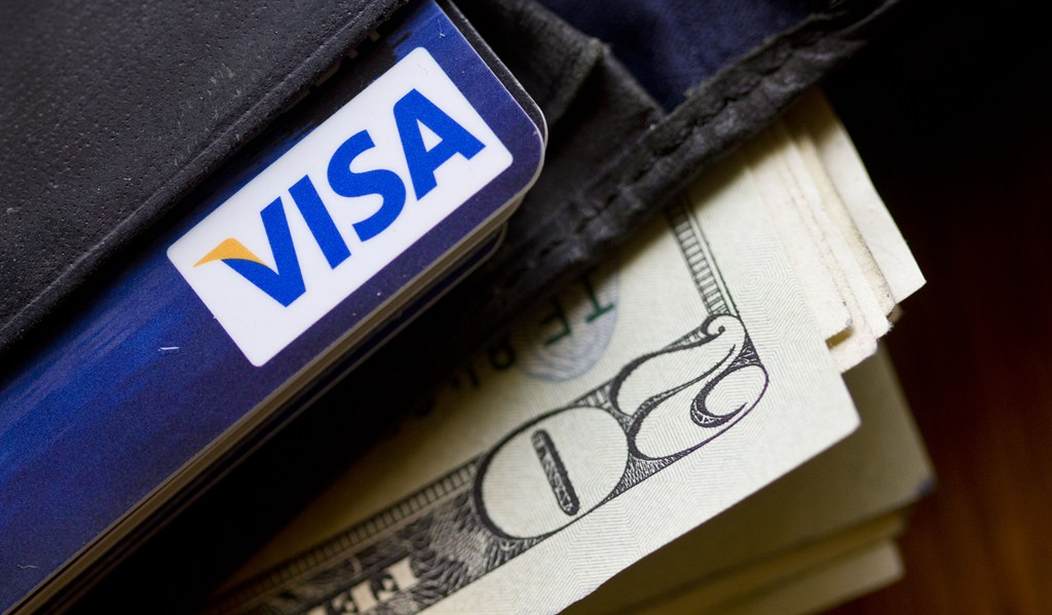The eye-rolling taking place across much of the country after a San Francisco advisory committee recommended five million dollar reparation payments for qualifying Black residents has truly been something to behold. The ludicrous amounts of money being discussed for residents of a state that never adopted slavery seem to be yet another symptom of a progressive movement that has simply lost its mind. But not everyone in the City by the Bay agrees with the proposed figure, including the author of the legislation that formed the committee. Supervisor Shamann Walton told National Review this week that five million dollars isn’t nearly enough. In fact, there may not be a figure high enough to properly address whatever complaints he may have.
A San Francisco advisory committee’s recommendation that the city pay out hefty reparations to the city’s longtime black residents does not go far enough toward making things right, a member of the San Francisco Board of Supervisors told National Review on Tuesday.
Supervisor Shamann Walton, who wrote the legislation that formed the committee two years ago, said that the proposed $5 million payment per qualifying person is actually “much less than a lot of the projections that people say black people should receive for reparations here in the United States.”
“You can Google a lot of the reparations work that has been done and look at the monetary formulas that people have put together and most certainly the 5 million is a very minuscule number compared to a lot of research that has been done over the past couple of decades, quite frankly,” said Walton, who has represented the city’s 10th district since 2019 and previously served as board president.
So a lump sum payment of five million dollars would be a “very minuscule number” in Mr. Walton’s opinion. That would be a payment funded entirely by people who have never owned slaves to people who have never been enslaved in a state where slavery was never legal. So how does he get around that part of the argument?
It’s quite simple. He claims that this really isn’t about slavery. And yet when asked about the justification for the payments, he mentioned “taking someone from their country, raping and pillaging their communities, not allowing them the chance to reproduce.” That sure sounds like slavery to me. But he also claims that Black families in San Francisco “were not allowed to be taught,” while having to pay taxes to fund “the education of white children.” Is there anyone alive today who lived during a time when Black students were not allowed to attend school in that city?
Even if reparation payments were capped at “only” five million dollars each, the entire proposal remains laughable. As noted in the linked report, if only half of the city’s Black residents qualified for the proposed reparations, the total bill for the city would come to more than $112 billion. San Francisco’s entire budget for the year is $14 billion. In fact, the reparations would add up to more than one-third of the entire state’s annual budget.
The entire idea of reparations defies logic, but if it were going to happen, one would assume that the goal would be to benefit traditionally financially disadvantaged communities. But under this plan, roughly 20,000 people would get a check for five million dollars, which they would no doubt greatly enjoy. But they would then be left living in a city that was completely bankrupt and unable to provide services for anyone. Every resident with the ability to do so would move away, leaving behind a ghost town.
Is this the left’s idea of what “social justice” was supposed to look like? I suppose it might qualify as at least one type of “equality,” since everyone would wind up being equally destitute. But for some of these activists, perhaps that’s the endgame in their version of the American dream.








Join the conversation as a VIP Member